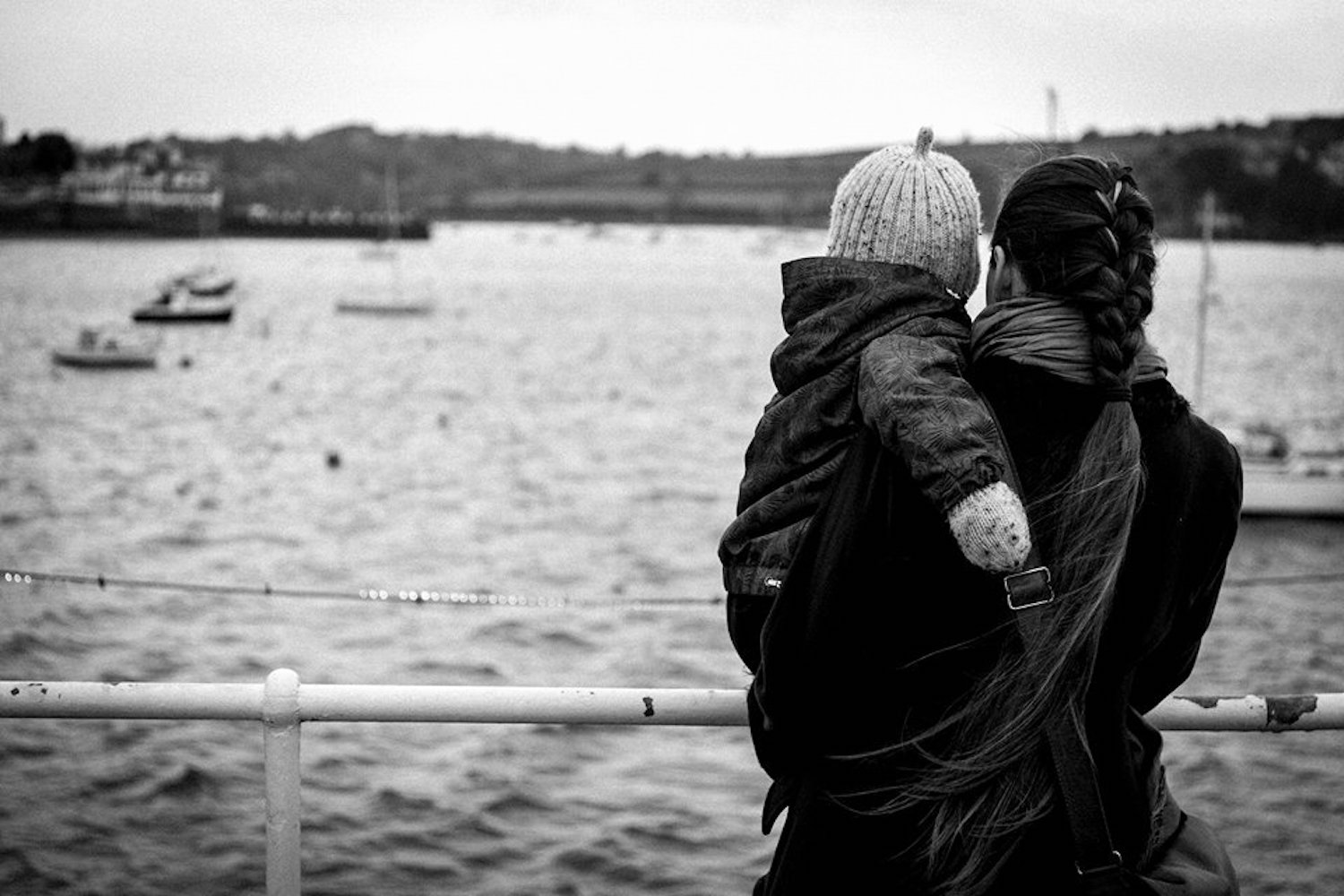“But there is nothing to worry about; you’re clearly a very good mother.”
Those words struck me cold. Said by my lovely, kind, sympathetic GP as I began my journey to diagnosis.
I had not thought for a moment that my having autism would be considered relevant to my capabilities as a parent.
If I was diagnosed, would they now check whether I was a suitable mother? Would my autism stand against me if ever there was a custody battle in the future?
I looked at the doctor, shocked. Up until that point we had not made eye contact. He looked as he had sounded: friendly and concerned. But it had obviously crossed his mind. As he realized it was likely I have autism, he had turned his attention to my parenting of my son in the appointment room and perhaps was reassuring himself that in spite of my probably autism, I was doing OK as a parent.
It was too late to turn back. The wheels were already in motion. I had thought he was a safe person to talk to. But even seemingly safe people can surprise you.
I love my son. I still remember acutely the days when we shared the same skin. When he was born, I held him close to my chest. And realized up until that point, my heart had lived inside me; now it had a new home in someone else. Pressing him to my chest is the closest thing I will ever know to having my heart in place.
As he grows and roams, my heart tears away from me. I am left here whilst my heart adventures in him. And I would scoop him up and hold him tight and never let him go…but I know this is not allowed. We cannot indulge the ferociousness of our own love, because if we do that, we turn it inside out and it becomes pure selfishness.
He is now nearly 3. Goodness knows how I’ll cope when he is older!
But that doctor’s words left a question in my head: Does my autism affect my parenting?
The diagnostic process for me was long and thorough. A story in itself. Suffice to say diagnoses of autism are not handed out lightly where I live. I had always suspected I might lie somewhere on the boundary between neurotypical and autistic. I was surprised when the report finally came through. There in it were all the things I knew about myself that hinted at autism, and alongside them was another list of attributes I had been unaware of but which friends and family had confirmed as a part of the process. I wasn’t on the boundary at all. I was a fully fledged card-carrying autistic.
Getting diagnosed doesn’t change who I am, but it does change how I look at myself. I am more aware of my own subjectivity and my own fallibility. I am not able to see all aspects of myself. I rely on trusted friends and family to guide me about who I am.
But does my autism affect my parenting?
My whole working life has been dedicated to supporting children with additional educational needs and disabilities, and even as a teenager I worked to this end. I have advocated for so many neurologically diverse individuals. I want them to be recognized as equals to their neurotypical peers. And so I want to answer, “No.” No, my autism doesn’t affect my parenting. I am just as good as the next parent. But it isn’t that simple.
To begin the list.
My autism affects my parenting because as an autistic person I find social contact draining, and I have to be in permanent social contact with my son. And even though I want to be there, sometimes I just run out of energy. And it’s not run out of energy as you would feel when you are tired. It is more like a greying of the world, a fading. I can see him there…but I am not quite with him.
My autism affects my parenting because my brain processes cortisol differently. When levels of this stress hormone get high in my brain, my emotional processing centers shut down. I stop feeling emotions. I still have my thinking. I know I love him, and I act on this knowledge and my actions are the same as the actions of love. But I am not there. Because I am my love.
My autism affects my parenting because my brain processes language slower than a neurotypical brain. I have learned numerous ways to deal with this, so it only now catches me out in certain situations. But one of these is knowing what to say to other parents. I often think of things to say, but I know they are not the “right” sort of things. They are the off-the-wall, old, slightly blunt things my friends know me for saying and enjoy. They are not appropriate small talk at the preschool gates.
The list is endless. And it is endless because every aspect of me is my autism. This is why people with autism often reject person-first language. I am not a person with autism. I am autistic. Everything that is me, is autistic. It is not a thing I carry. It is who I am.
And if you are neurotypical, if I were to ask you how your neurotypicalism affects your parenting, would the answers not be similar? Are there times when your social needs get in the way of your parenting? Are there times when the way you communicate has a negative impact rather than a positive one? Are you a person with neurotypicalism or are you neurotypical through and through?
Everything I am affects my child. I am autistic. So my autism affects my child.
There are strengths and weaknesses to my processing. Like so many of us, I tend to only make lists of the weaknesses.
“But there’s nothing to worry about; you’re clearly a very good parent.”
Perhaps I should re-listen to that kind doctor. What he was watching at the time was my gentle parenting of my son. My personal understanding of how processing language can sometimes be a slow thing means I am good at giving my son time to digest my words. Given time for processing means many of the strops common to the “terrible 2s” are avoided.
My autism makes me aware of how strange and different places can seem at a sensory level, meaning I am able to understand when my son reacts to a new environment and withdraws inside himself.
My autism makes me aware of tiny details, which means I share common fascinations with many 2-year-olds. When he pulls on my hand asking me to stop and inspect a blade of grass growing from a wall, I don’t do so begrudgingly. I am delighted to be shown. My delight lets him know that his interests and ideas are good; it feeds his self-esteem.
This is also a list that can continue.
Diagnosis has helped. Being diagnosed as autistic has helped me to understand where the limitations of my parenting may lie. Consequently I’ve been able to have frank conversations with the staff who support my son at preschool. They help him to make friends and teach him how to play with other children. Something I am no more informed about now than when I stood in the playground 30-odd years ago. It takes a village to raise a child. If I had not been diagnosed as autistic, I think I would have tried to do it all myself, and none of us can do that.
An awareness of how our brains work is enabling for everyone.

Photo credit: Phil Bennett
We want to hear your story. Become a Mighty contributor here.

